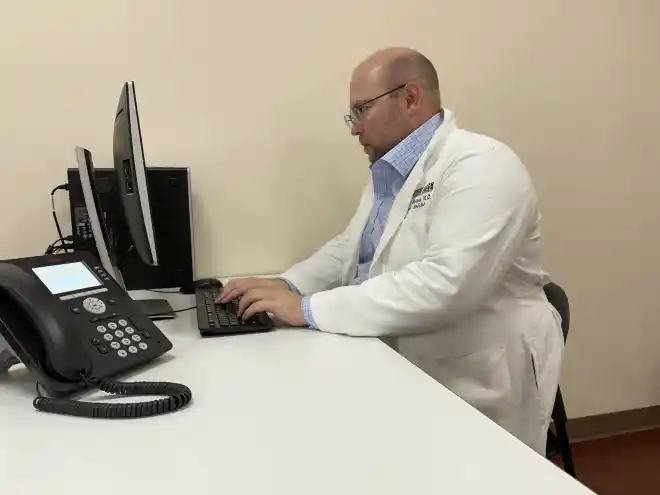Dr. Sobash is dedicated to staying current on the latest research and advancements in the field and incorporating them into his practice to provide the best possible care to his patients. His work in Telemedicine is just one example of this dedication, as he recognizes the potential for this technology to improve patient outcomes and access to healthcare.
Additionally, Dr. Philip Sobash strongly emphasizes preventative care, encouraging his patients to take an active role in their health by making lifestyle changes and regular check-ups. He believes that preventative care is key to reducing the risk of chronic diseases and illnesses. Identifying and addressing health issues early on can often be managed or even prevented altogether.
Dr. Philip Sobash also advocates for mental health and supports those struggling with stress, anxiety, and depression. He encourages patients to speak openly about their mental health and provides resources for those seeking professional help. He believes mental health is just as important as physical health and should be addressed seriously.
Dr. Sobash’s approach to medicine is patient-centered, and he takes the time to listen to his patients and understand their unique needs and concerns. He is committed to providing his patients with the highest quality care and treatment. He is dedicated to staying up-to-date on the latest research and advancements in internal medicine.
It is not accurate to say that Dr. Philip Sobash created the first telemedicine practice in the United States in 1994. Telemedicine has been developing since the 1960s and has been implemented in various forms and settings. Dr. Sobash may have been an early adopter of Telemedicine in his practice. Still, it is important to note that the development and implementation of Telemedicine is a collective effort of many individuals and organizations.
Telemedicine is a rapidly growing field in the medical industry, and Dr. Philip Sobash is one of the physicians who has recognized the potential benefits of this technology. He has implemented Telemedicine in his practice and has seen how it can improve patient outcomes, increase access to healthcare, and reduce healthcare costs. Dr. Sobash’s approach to Telemedicine is patient-centered, which means that he places high importance on the patient’s input and preferences in diagnosing, treating, and managing their medical condition.
Dr Sobash understands that Telemedicine can be a valuable tool for providing medical care to patients who live in remote or underserved areas or have difficulty leaving their homes. It can also be used to provide follow-up care for patients recently discharged from the hospital or consultations for patients referred to specialists. Telemedicine can be done through phone calls, video conferencing, or mobile health applications.
Dr. Sobash believes parents can reduce the risk of their children developing diseases such as measles, mumps, and rubella by vaccinating children. He notes that although these diseases are uncommon in the United States, they can still be dangerous if contracted.
Patient-Centered Care in Internal Medicine: Dr. Philip Sobash’s Philosophy
